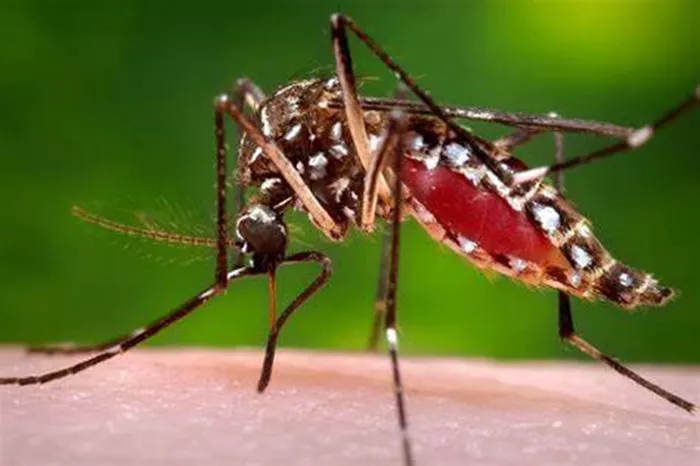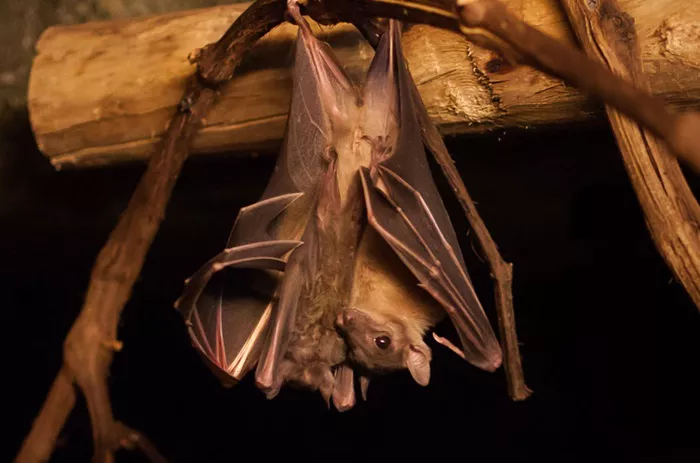In light of the increasing number of Zika virus cases in Maharashtra, the central government has issued an advisory to all states, emphasizing the importance of consistent vigilance and precautionary measures to control the spread of the virus. Here are the key points from the advisory:
Screening and Monitoring
Pregnant Women: Health facilities in affected areas are instructed to screen pregnant women for Zika virus infection and monitor the growth of the fetus in expecting mothers who test positive.
Nodal Official Appointment: Health facilities and hospitals must appoint a nodal official responsible for ensuring their premises remain free of Aedes mosquitoes, the primary carriers of the Zika virus.
Surveillance and Control
Entomological Surveillance: States are urged to strengthen surveillance of mosquito populations and intensify vector control activities in residential areas, workplaces, schools, construction sites, institutions, and health facilities.
Immediate Reporting: Any detected case should be reported immediately to the Integrated Disease Surveillance Programme (IDSP) and the National Center for Vector Borne Diseases Control (NCVBDC).
Public Awareness
Precautionary Messages: States are encouraged to spread awareness about the Zika virus through social media and other platforms to reduce panic among communities.
Understanding the Zika Virus
What is Zika Virus?
Transmission: Zika virus, also known as Zika fever, is transmitted primarily by Aedes mosquitoes (Aedes aegypti and Aedes albopictus). It can also be sexually transmitted.
Regions Affected: The virus is found in various regions, including the Americas, the Caribbean, parts of Africa, and Asia.
Symptoms of Zika Virus
General Symptoms: Many infected individuals are asymptomatic or experience mild symptoms such as fever and rash.
Risks for Pregnant Women: The virus poses significant risks to pregnant women, as it can cause congenital defects like microcephaly, where the infant’s brain is small and underdeveloped.
Prevention and Control of Zika Virus
Reducing Mosquito Breeding
Source Reduction: Eliminate mosquito breeding sites by emptying, cleaning, or covering containers that hold water, such as buckets, vases, and tires.
Insecticide Spraying: During outbreaks, spraying insecticides in affected areas is recommended to control mosquito populations.
Preventing Transmission
Sexual Transmission: Use condoms or abstain from sex for three months after traveling to areas where Zika is common, as the virus can be spread sexually for up to six weeks after symptoms begin.
Treatment of Zika Virus
Symptom Management: The symptoms of Zika virus are typically mild and do not require specific treatment. Infected individuals should drink plenty of fluids and use paracetamol to manage pain and fever.
Medical Assistance: Seek medical help if symptoms worsen. Currently, there is no vaccine available for the Zika virus.
Conclusion
With the ongoing rise in Zika virus cases, it is crucial to remain vigilant and follow the guidelines issued by health authorities. Screening pregnant women, reducing mosquito breeding sites, and raising public awareness are essential steps in managing and controlling the spread of the Zika virus.
[inline_related_posts title=”You Might Be Interested In” title_align=”left” style=”list” number=”6″ align=”none” ids=”10585,10582,10579″ by=”categories” orderby=”rand” order=”DESC” hide_thumb=”no” thumb_right=”no” views=”no” date=”yes” grid_columns=”2″ post_type=”” tax=””]


































